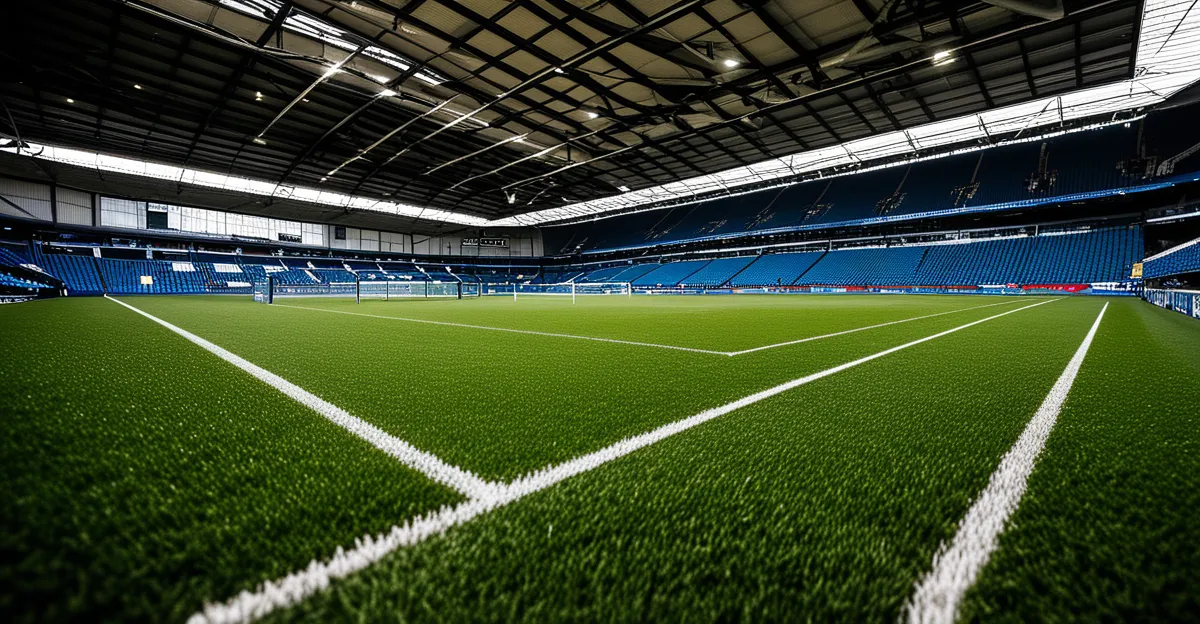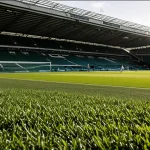Immediate and Long-Term Economic Impacts of Sports Infrastructure Investment
Investing in UK sports infrastructure generates both immediate and enduring economic benefits. Initially, substantial job creation in the sports industry occurs through construction, operations, and event management. These roles range from builders and engineers during construction to venue staff and event organizers once facilities open, directly supporting employment growth.
Beyond direct jobs, indirect economic activity surges as increased spending on materials, services, and hospitality stimulates supply chains. Construction spending boosts local businesses, while operational phases generate consistent economic flows through ticket sales, concessions, and maintenance contracts. This dynamic cycle underpins the wider economic benefits of sports investment.
Also to see : How Do UK Sports Programs Enhance Educational Outcomes?
In the long term, enhanced infrastructure fosters sustainable long-term growth of the UK economy by attracting major events and encouraging local engagement in sports, which supports entrepreneurship and tourism. Improved venues often become focal points for urban regeneration, elevating property values and community pride. This foundation contributes to a positive feedback loop, where initial investments yield ongoing economic dividends, bolstering both local areas and the national economy.
Overall, funding sports infrastructure presents a robust avenue for economic expansion, leveraging both immediate expenditures and sustained growth pathways through a strengthened sports sector.
Also to read : How Has UK’s Sports Infrastructure Evolved Over the Decades?
Tourism and Increased Revenues Linked to Sports Venues
Investments in sports infrastructure significantly boost sports tourism UK, drawing both domestic and international visitors. High-profile international sporting events UK attract fans who travel specifically to attend matches, tournaments, or experience stadium tours. This influx increases visitor numbers, directly enhancing revenues from sports venues and related sectors.
Visitor spending on accommodation, dining, and retail creates a ripple effect, expanding economic benefits of sports investment beyond the venues themselves. For example, hotels near major stadiums experience higher occupancy rates during events, while local restaurants and shops see increased patronage. These gains stimulate local economies, supporting small businesses and services linked to tourism.
Revenue from sports venues hinges not only on ticket sales but also on supplementary sources such as merchandising, concessions, and hospitality packages. Combined, these elements form a vital revenue stream, underpinning continued investment in infrastructure and event hosting capabilities. Such sustained inflows contribute to long-term growth UK economy by reinforcing the attractiveness of the UK as a destination for sports tourism.
In turn, these financial dynamics support ongoing job creation sports industry roles, spanning from event staff and hospitality workers to tour guides. This creates a self-reinforcing cycle where improved infrastructure leads to increased tourism, which generates higher revenues and further economic development.











